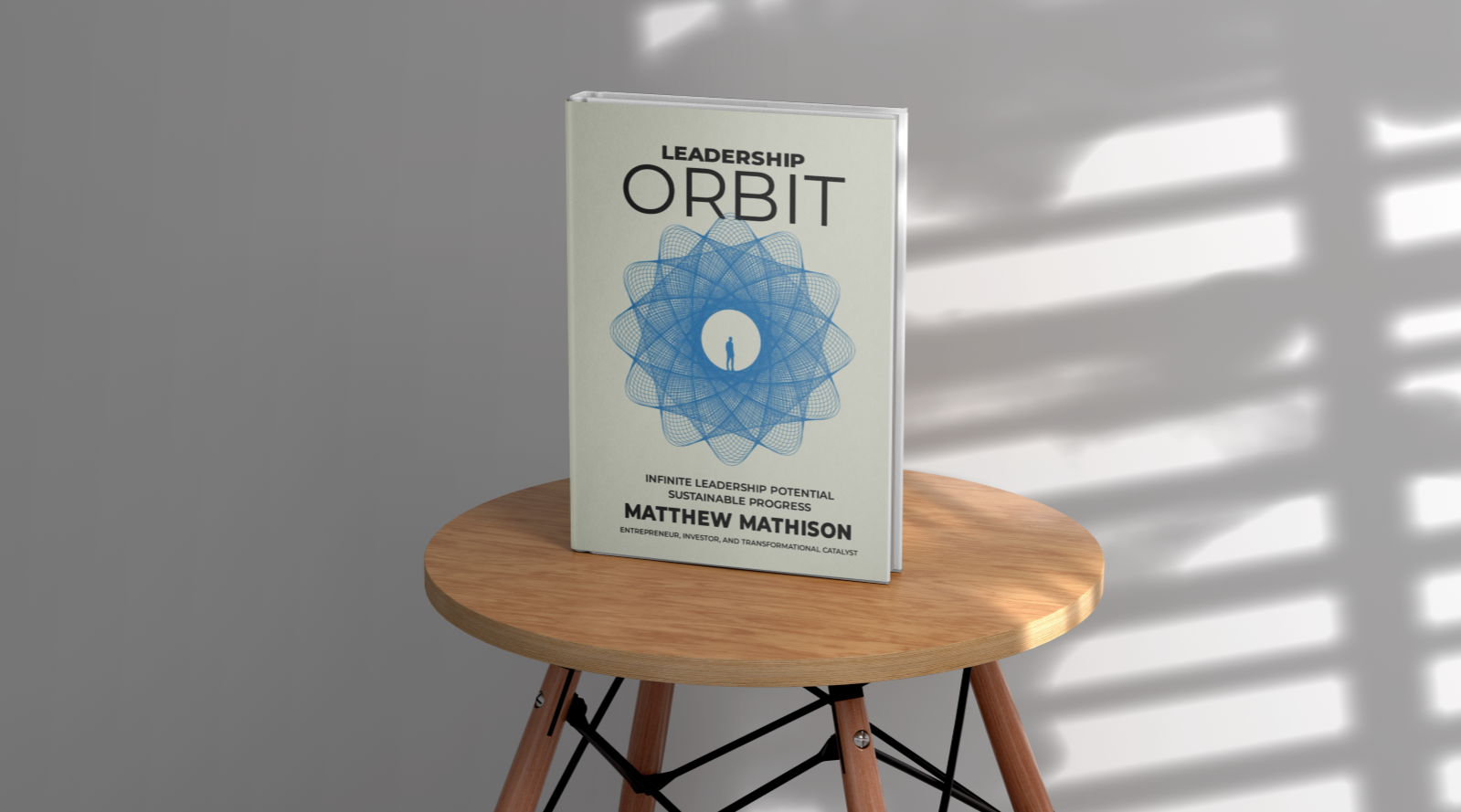Leadership isn’t reserved for people with titles; it’s a mindset and a skill set anyone can develop. If you’ve ever asked yourself how to be a leader, the good news is this: it starts with intentional action, not permission. Anyone can lead regardless of role, age, or experience when they commit to self-awareness, purpose, and influence over authority.
In this guide, we’ll walk through ten clear, actionable steps to help you lead in any environment whether you’re managing a team, launching a project, or influencing from behind the scenes.
1. Understand What Leadership Really Means
Before you can become a great leader, you need to redefine leadership. It’s not about control or dominance, it’s about influence, clarity, and growth. Great leaders create direction, not pressure. They cultivate trust, not fear. Ask yourself not just “How do I get people to follow?” but “How do I help people grow?”
Leadership isn’t about a job title; it’s about the impact you create.
2. Develop Self-Awareness
Self-awareness is the foundation of emotional intelligence. Knowing your strengths, weaknesses, triggers, and values allows you to lead with authenticity. Regular self-reflection, journaling, and feedback loops are powerful tools.
As Matthew Mathison explores in What Motivates You? How to Discover and Sustain Your Inner Drive as a Leader, motivation begins from within. If you don’t understand what drives you, it’s hard to lead others with clarity.
3. Communicate with Clarity and Purpose
Great leaders know that vague communication creates confusion. Whether you’re addressing a room or giving one-on-one feedback, be clear, concise, and kind. Own your words. Clarify your intent. Listen more than you speak.
4. Lead by Example
You can’t expect your team to work hard, stay positive, or handle stress well if you don’t do the same. The fastest way to build credibility is to model the behaviors and values you expect from others.
Want ownership? Show accountability. Want innovation? Show openness to risk. Want growth? Be coachable.
5. Build Trust Through Consistency
Trust is earned through small, daily actions, not grand gestures. Be reliable. Follow through. Own mistakes. Celebrate your wins. The consistency you bring to every interaction shapes your reputation as a leader.
Trust compounds; so does doubt. Choose your actions wisely.
6. Empower Others to Lead
True leaders don’t create followers. They create more leaders.
Delegate responsibility, not just tasks. Offer autonomy with support. Give people the chance to solve problems and step up. When you empower others to lead, you multiply your impact.
7. Embrace Feedback and Adaptability
Feedback is a gift even when it stings. Leaders who invite constructive input grow faster, build better teams, and earn deeper respect.
Ask your team: “What’s one thing I could do better?” Don’t defend, just listen. Then act on it.
Adaptability is just as important. In today’s fast-changing world, rigid leadership models fail. Great leaders stay agile and open-minded.
8. Make Decisions with Confidence and Care
Indecisiveness erodes trust. Rushed decisions erode quality.
The best leaders balance speed with thoughtfulness. They gather input, assess options, and move forward with clarity. Then they take ownership of the outcome, good or bad.
9. Practice Resilience and Optimism
Leadership is tough. You’ll face criticism, uncertainty, and setbacks. But what separates leaders from managers is the ability to stay steady in the storm.
Resilience isn’t about pushing through blindly. It’s about pausing, reassessing, and moving forward with intention. Optimism isn’t naive, it’s strategic. When you believe better is possible, others believe too.
If you want to dig deeper into sustainable leadership and mental resilience, Matthew Mathison shares powerful insights in this YouTube interview on creating growth without chasing status.
10. Align Your Actions with Your Purpose
When your leadership is driven by values, not ego: you inspire others to do the same.
Define your leadership purpose. Is it to build strong teams? Foster innovation? Uplift communities? Whatever it is, anchor your decisions and communication in that mission.
Purpose creates clarity. Clarity creates momentum.
Leadership Is a Daily Practice
Becoming a leader isn’t a one-time event, it’s a lifetime commitment. Every day presents small moments to lead: to speak up, to support, to grow, to let go. The key is to recognize those moments and respond with intention.
As Matthew Mathison emphasizes in his book, Leadership Orbit, leadership isn’t about chasing perfection, it’s about creating sustainable momentum. That’s what true leadership is built on: belief, repetition, and purpose.

Final Thoughts: Start Where You Are
If you’re wondering how to be a leader, here’s your answer: Start. You don’t need a promotion or permission. You just need purpose, clarity, and the willingness to act.
Leadership is less about the spotlight and more about the ripple effect you create.
Show up. Speak with vision. Act with integrity. And lead like it matters because it does.


